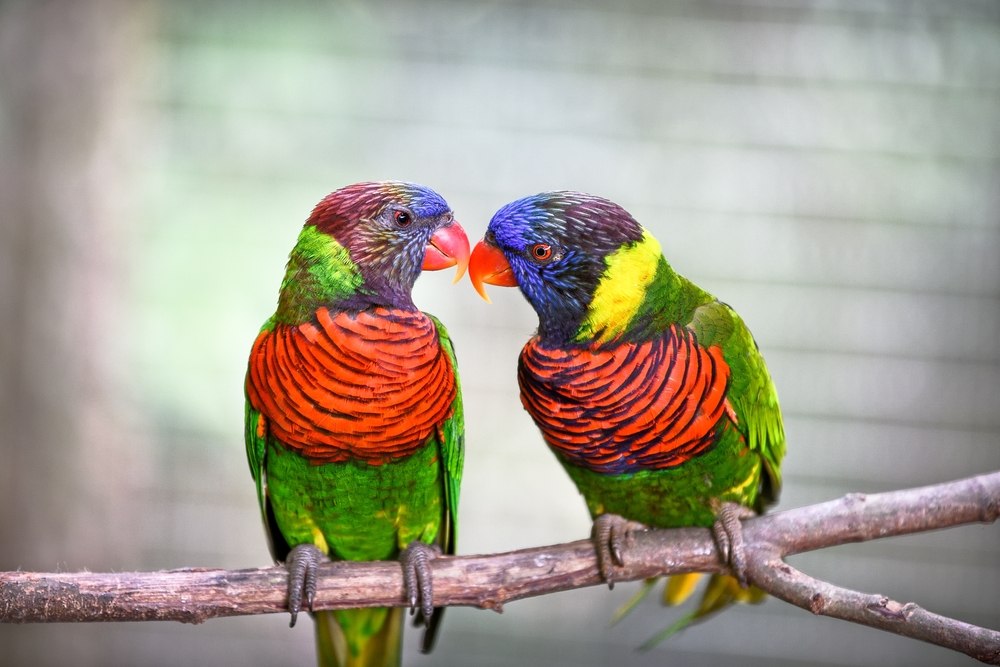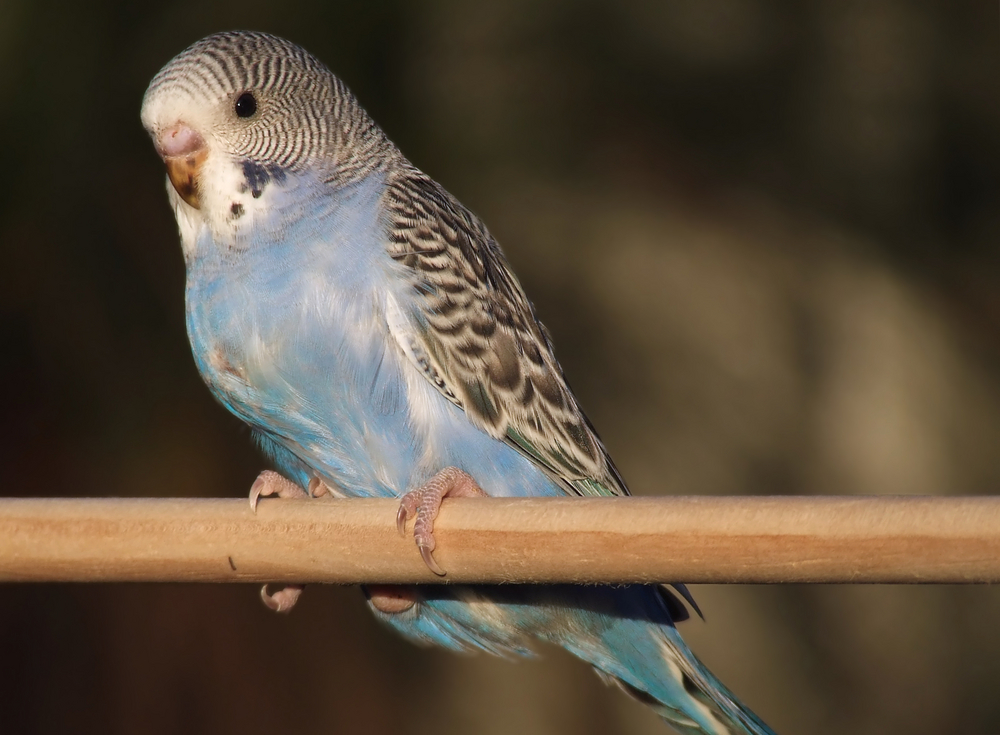
Can birds Interbreed Like dogs?
Crossbreeding amongst birds pertains to interactions between two diverse parental species yielding offspring that display genomic features inherited from both parents. Does birds ever mate with other avian species? This phenomenon exists across several avian lineages but sometimes requires specific genomic compatibilities between parents for viable offsprings.
Crossbreeding among bird populations only occurs where close genetic proximity exists; alternatively,it happens when parents belong to either a similar birds group( species) or family(genus). Catalina Macaws are one example where two different species (Blue-and-gold macaw and scarlet macaw) belonging to a single genus (Ara) produce hybrid offspring since both exhibit significant genome similarities.Divergent genera cross-breeding may occur but under unique circumstances.
Bird Hybrid
According to Dr Lovette’s analysis based on documented avian hybrids globally,since about 10% of bird species have undergone inter-species cross-breeding through captivity or naturally occurring events.The sizeable level of genetic diversity exhibited within a single genus plays a significant background role in whether Inter-family breeding will occur.
Undeniably, interbreeding serves varied hybrids functions including giving rise to superior offspring traits compared to their biological parents. In turn, hybrids serve as exceptional household pets thanks to possessing superior attractive physical and good health character traits garnered through first-by-first hybridization.
Birds Cross

Although crossbreeding can potentially eliminate certain diseases among bird species. There are several downsides that must be considered. Over crossing two species may result in insufficient diversification of bird populations which impedes ones ability for controlling genetic mutations – making them more susceptible towards various ailments.
Additionally. Encouraging new traits through crossing may induce long term negative impacts which could lead toward weak strains that might ultimately perish. Certain genes might disappear from the gene pool through cross breeding due to incompatible genetics among birds such as different sizes and appearances – where successful conception could be rare or impossible between certain pairings; however desirable their features may appear along with differences potentially affecting mating rituals.
However if this major factor is neglected the process does have potentials of discovering novel strains with extraordinary desired traits – though care must be taken especially when conducting captive bred populations regarding their welfare & preventing them from experiencing discomfort or other undesirable traits.
Nonetheless there is a general consensus that crossbreeding in the wild could yield positive results leading towards the formation of new species with remarkable attributes. Many biologists posit that permitting cross-breeding activities within the natural habitat facilitates new species’ evolution and development significantly.
Even so; a subset of scholars argues against these practices carried out within confinement walls based on certain ethical considerations. Several scholars argue that creating hybridized beings with attractive colors beyond what exists naturally goes against fundamental biological principles; thus should be avoided at all costs.
Nevertheless, it’s still relatively possible to mate closely related avian creatures from either the same genus or those within immediate proximity genetically speaking. However, accomplishing crossbreeds for creatures with significant differences such as size or looks is nearly impossible. Further, even in the cases where successful breeding occurs, it’s possible to have infertility issues and thus limited production.
What kinds of things can keep all those species of birds from interbreeding with one another?
Several factors can contribute to preventing interbreeding between different species of birds: Genetic Incompatibility, Geographic Isolation, Behavioral Differences, Breeding Time and Season and Ecological Niche. It’s important to note that while these factors generally contribute to the prevention of interbreeding, there can be exceptions and occasional instances of hybridization in certain circumstances
How do birds know to mate with the same species?
Birds have various mechanisms to identify and select mates of the same species – Visual Recognition, Vocalizations, Courtship Displays, Pheromones and Chemical Signals, Social Learning. This allows them reproductive compatibility and continuation of genetic lineage.
Discussion Notes: Most Likely not – Do birds ever mate with other avian species, Do breeding with another species can and often does occur, Do interbreed or can interbreed? lee pickett, science answer, pet, online, study guides, birds cross, bird hybrid, dogs do, dog, wiki user, birds can, audubon photography, national audubon, domestic cat
For More Info : https://www.audubon.org/
What kinds of things can keep all those species of birds from interbreeding with one another?
Several factors can contribute to preventing interbreeding between different species of birds: Genetic Incompatibility, Geographic Isolation, Behavioral Differences, Breeding Time and Season and Ecological Niche. It’s important to note that while these factors generally contribute to the prevention of interbreeding, there can be exceptions and occasional instances of hybridization in certain circumstances
How do birds know to mate with the same species?
Birds have various mechanisms to identify and select mates of the same species – Visual Recognition, Vocalizations, Courtship Displays, Pheromones and Chemical Signals, Social Learning. This allows them reproductive compatibility and continuation of genetic lineage.